
Taking HBX CORe while working is akin taking up a second job, moonlighting in the glow of your computer screen on Tuesday and Wednesday nights, frantically trying to absorb as much information and contribute enough discussion to stay ahead for the weekly quizzes. Throw in the unforgiving business school application cycle, and you have quite the challenge! The CORe pre-Round 1 crunch of applying to business school, which forces you to truly evaluate your life’s journey and future intentions, transforms itself into yet another full-time job for your already overworked brain to handle.
During the June 2015 cohort of HBX CORe, I jumped into all three – helping a freshly FDA-approved product ramp up for launch at work, preparing applications for five Top-15 business schools, and completing the 2.5-month commitment to enhance my knowledge through HBX CORe. I apparently wanted more stress, and had inadvertently pre-planned a solo trip to Europe right before my HBX final. Through trial by fire I gained a great deal through the process. Here is what I learned about how to best approach applying to business school at the same time as taking HBX CORe.
1. Strategize and know what you’re getting into, early
Applying to business school properly is a grueling, multi-step, multi-month process, and that’s after you get past soul-searching, career-building, and the wonderful GMAT. Starting early made all the difference for me; for Round 1 deadlines in September/October, I began hashing out my application strategy in April. This gave me enough time to thoroughly think about my career and life, read up on application strategies, listen to admissions podcasts, truly consider where and if the MBA would strengthen my path, and figure out my career goals. Having a concrete end-game that I was both excited about and could speak to made the application process far easier. Being prepared early also allowed me to feel comfortable taking on HBX in the middle of the process.
I felt up to it because I was prepping well for applications and learning to prioritize my time. Based on the 10-week course, I knew I’d have to tackle at least two quizzes per week, with variable lengths of time for each module. Since we were only the third public cohort, there wasn’t much previous experience to tap into; one advantage now, however, is more statistics, knowledge and advice floating around from HBX CORe alumni on how to do well in the course. Regardless, juggling multiple commitments like these will never be a cakewalk, so be prepared.
2. Be organized
Once I had my business school goals set, I had to tackle the essays - and everything you've heard about each school’s prompts being drastically different is true. In parallel with all this, I had developed an overly complex spreadsheet to track my goals, brainstorms, school research, essay outlines, and most importantly to manage my time. Because I had HBX CORe mixed in right in the middle of this process, I had to be very efficient with my hours spent after work and during my weekends to make sure I kept everything in line without tearing my hair out. My spreadsheet kept an ideal schedule of when I’d complete the multiple essays per school, fill out each application, and when I’d hit the “Submit” button for each, and even accounted for my vacation. Just having this written down helped ease my mind and keep me on track, even though I didn’t follow it as well as I’d expected.
3. Put yourself out there and interact
I spent time attending MBA networking events and visiting schools in both California and New York, an essential effort to take for the application process. The strongest encouragement and most helpful feedback I received during this process was often from current students. You’ll find that the MBA community is eager to help potential applicants as much as they can, because the whole sphere you’re getting into is a true pay-it-forward type of community. Learn to put yourself out there, meet people, and harness this energy and spirit as much as possible. I was able to get great essay feedback, resume input, interview prep, and decision advice all from current students, who became my best resources.
Not surprisingly, I found the same to be true about my fellow HBX CORe cohort; all of the people I met online or in person were willing to help even the most remote strangers pull through this experience and come out the other side together. The local San Francisco HBX group I set up met once every few weeks to grab drinks and blow off steam, and some of us ended up exchanging questions and answers paired with late-night camaraderie for the rest of the course. It made the experience that much more fulfilling and constructive, especially during the final exam.
4. Be flexible, and be prepared to sacrifice
You will end up sacrificing a lot during this process. For each person it could be different aspects: time, money, sleepy, or sanity. Both applying to business school and HBX CORe will test the limits of how much you can stretch yourself. The last month or two before submission was a chaotic blur. It was a humbling process, as I had to juggle my HBX CORe final, essay drafts, my trip, and an increasingly busy work schedule. I cut my Round 1 school list to five in order to save some sanity, and more importantly to make a better quality application to the schools I truly wanted to target. I took days off work to do school visits and study up for the HBX CORe final, because weekends simply weren’t enough. I also said goodbye to my weekends for two full months.
5. Manage your time
With HBX CORe, even my best time predictions of module length and difficulty would go awry and I’d spend hours marching towards dusk working to advance my module completion percentage bit by bit. Approaching 10-20 hours of lectures and quizzes prior to the Thursday deadlines forced me to budget ample time to avoid a Wednesday night panic. If it was Monday night and I wasn’t at least 75% done with my modules, I learned quickly that I needed to shift into overdrive and later readjust my habits. I set a rule for myself that I would finish everything by Tuesday night, to account for any unforeseen issues - work travel, getting sick, Wednesday happy hours, etc.
For my essays, I set an (admittedly ambitious) schedule of finishing two essay drafts per week, based on three drafts to completion and two to three essays per school. I quickly fell behind on this and learned to re-adjust and prioritize. My scheduling lessons from HBX kicked in and I became efficient with my time, especially after I finished my HBX final. As a result, after September I had completed a decent set of written, peer reviewed, peer destroyed, and rewritten essays for all five schools in time to submit for and conquer Round 1.
6. Maximize the HBX experience and its benefits
I give HBX a great deal of credit for whipping my business school application process into shape. Aside from time management, the constant reflections and discussions within the HBX modules generated a stronger ability to gather my insights and put them into words, which proved especially useful for brainstorming my essay topics and plans of attack. The collaborative nature of the HBX platform fostered a unique community that allowed me to flex my networking chops. Through this, I gained a good snapshot of the diverse field of HBX students and their industries as well, a unique factor to a global course.
HBX also strengthened my application directly. Going through a well-developed course by HBS will catch any adcom’s attention; it shows initiative and interest in the business field, as well as attests to quantitative strength and conceptual understanding of what one would be presented with in the opening months of the MBA program. It gives a stronger basis of knowledge for those of us not from a business or accounting background; being an engineer, I had zero experience with accounting and only a basic eco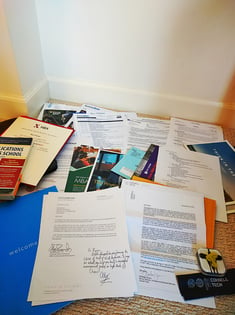 nomics foundation. HBX presented information in these areas in such an effective way that I came out with a confident understanding of not just the concepts, but the applications of accounting and economic principles.
nomics foundation. HBX presented information in these areas in such an effective way that I came out with a confident understanding of not just the concepts, but the applications of accounting and economic principles.
7. Push towards success!
As is evident, the HBX experience began to pay off even in the middle of the program, working my hard and soft skills to develop myself into a more well-rounded person. It continued paying dividends after completion; it gave me much more confidence going into applications and interviews, and all the interviewers who questioned me about HBX were genuinely intrigued and impressed by both the program and that I had taken the initiative to complete it as a personal and professional experience. I was proud to have completed the rigors of HBX CORe, and I made sure it was known. In the end, I was admitted to my top two choices of programs with scholarships, and am extremely excited to join the UCLA Anderson School of Management, Class of 2018 in the fall!

About the Author
Ryan Dumlao participated in the June 2015 cohort of HBX CORe. He is an electrical engineer working in the pharmaceutical industry and a freelance web developer in San Francisco. He will be starting business school full-time at the UCLA Anderson School of Management in August 2016, pursuing a new path in product management, and has a blog to chronicle his journey before and during school.




 From a very young age, I was interested in design. Toys that could be infinitely reconfigured like Legos and SimCity captured my imagination for hours. Interests at home influenced my interests at school, and by age 13, they had coalesced into the goal of becoming an engineer. This drive grew, and propelled me for over a decade, to graduation day at Boise State University. I had done it. I had become a Civil Engineer and had landed a job in STEM (Science, Technology, Engineering, and Math).
From a very young age, I was interested in design. Toys that could be infinitely reconfigured like Legos and SimCity captured my imagination for hours. Interests at home influenced my interests at school, and by age 13, they had coalesced into the goal of becoming an engineer. This drive grew, and propelled me for over a decade, to graduation day at Boise State University. I had done it. I had become a Civil Engineer and had landed a job in STEM (Science, Technology, Engineering, and Math). received his undergraduate degree in Civil Engineering from Boise State University and has spent over 10 years working on infrastructure in transportation and waste water collection systems. Kyle is an advocate for mentorship and community involvement, leading the professional development programs for the Boise Young Professionals Network and volunteering on a regular basis.
received his undergraduate degree in Civil Engineering from Boise State University and has spent over 10 years working on infrastructure in transportation and waste water collection systems. Kyle is an advocate for mentorship and community involvement, leading the professional development programs for the Boise Young Professionals Network and volunteering on a regular basis. 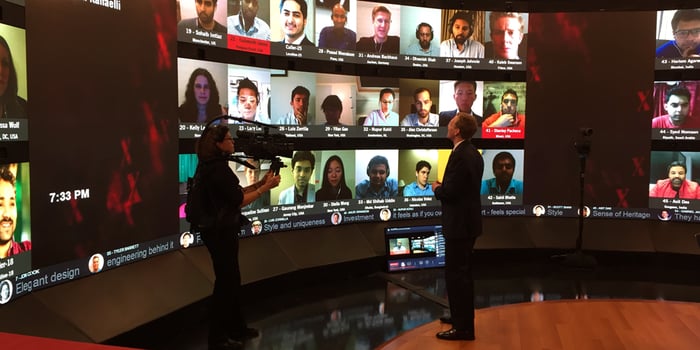










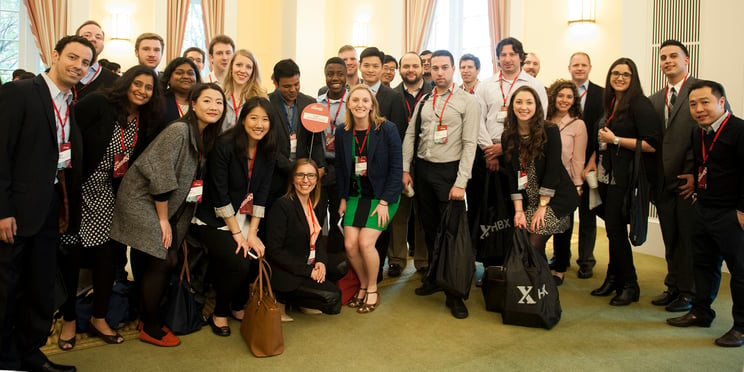

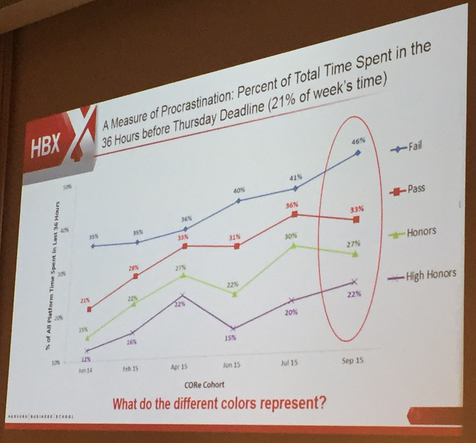
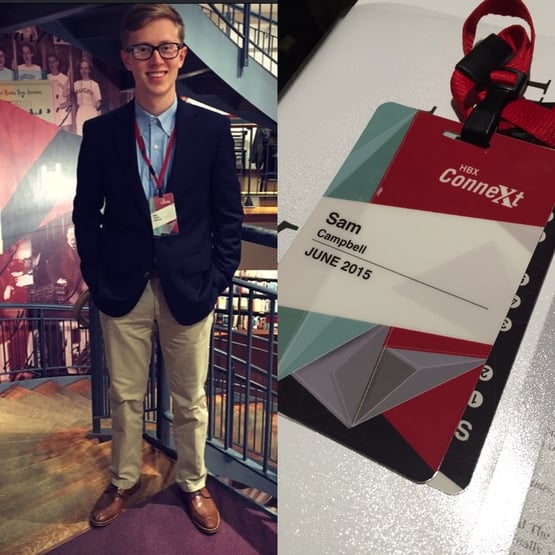







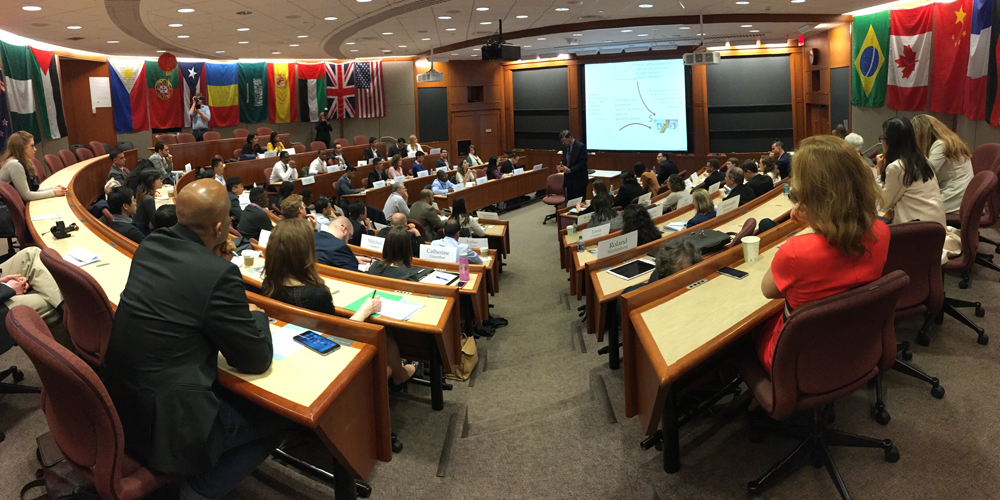

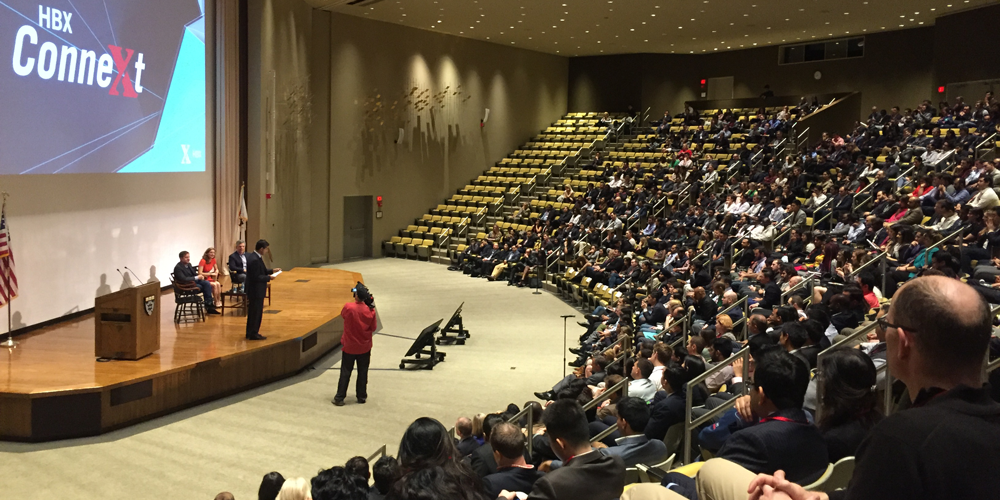


 nomics foundation. HBX presented information in these areas in such an effective way that I came out with a confident understanding of not just the concepts, but the applications of accounting and economic principles.
nomics foundation. HBX presented information in these areas in such an effective way that I came out with a confident understanding of not just the concepts, but the applications of accounting and economic principles.





